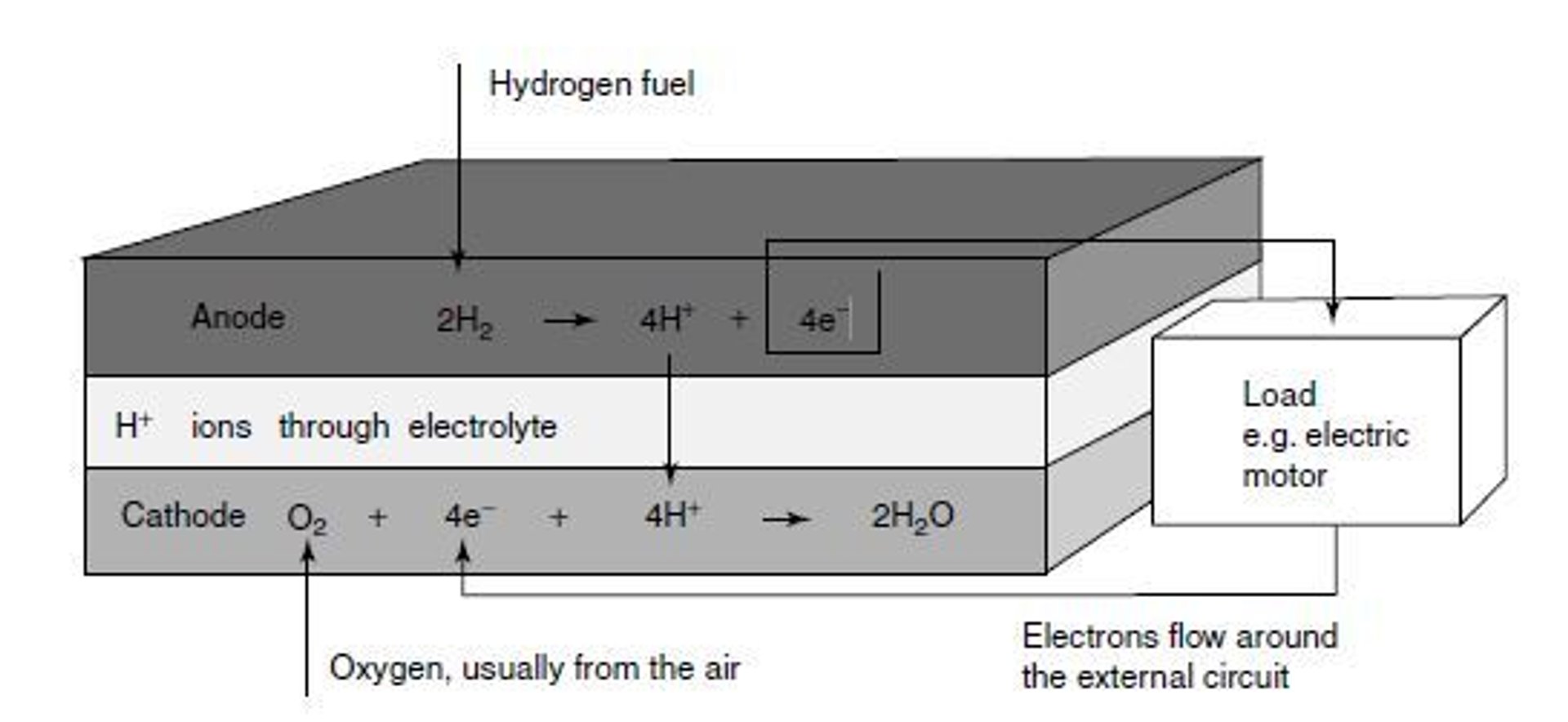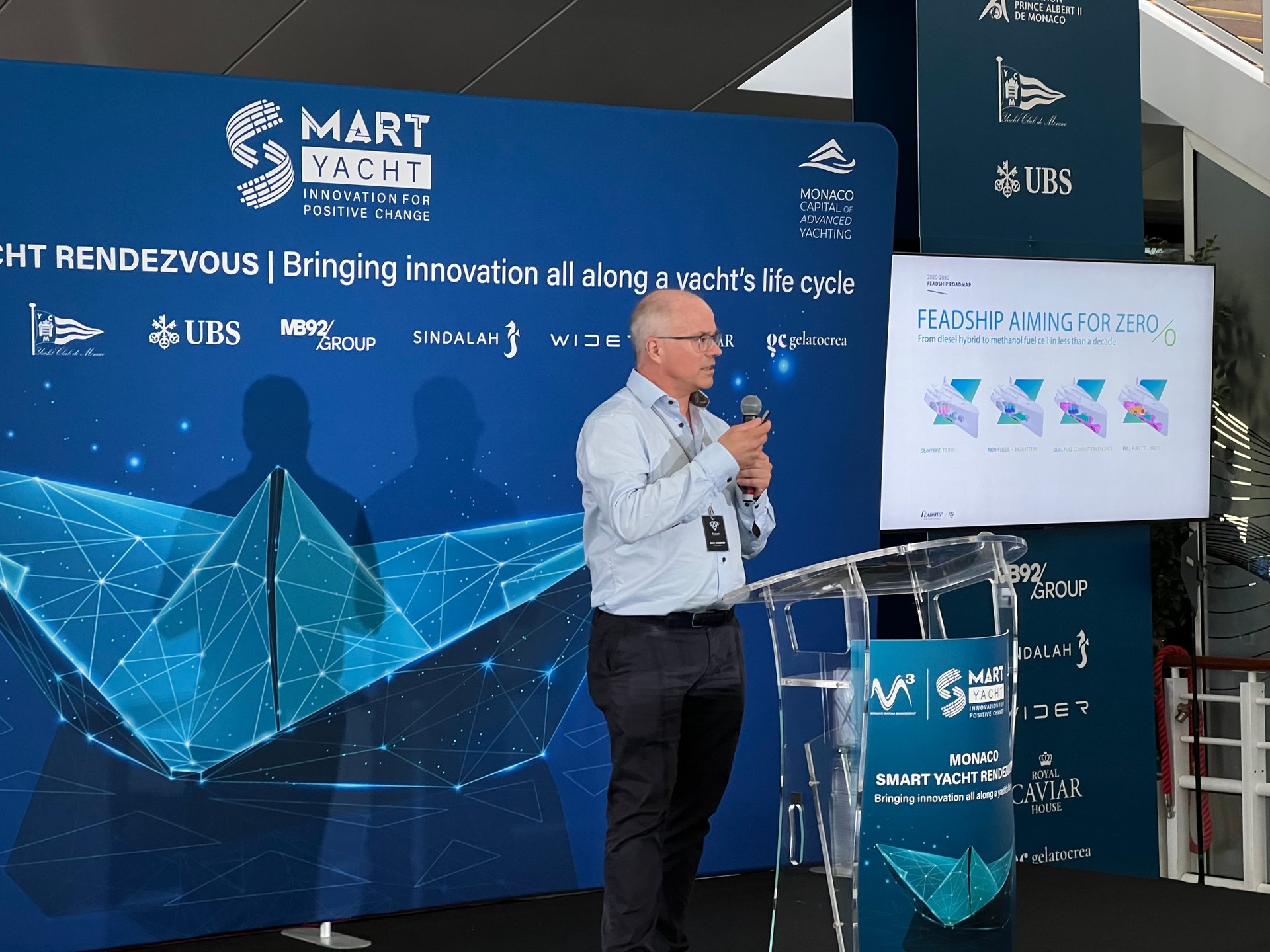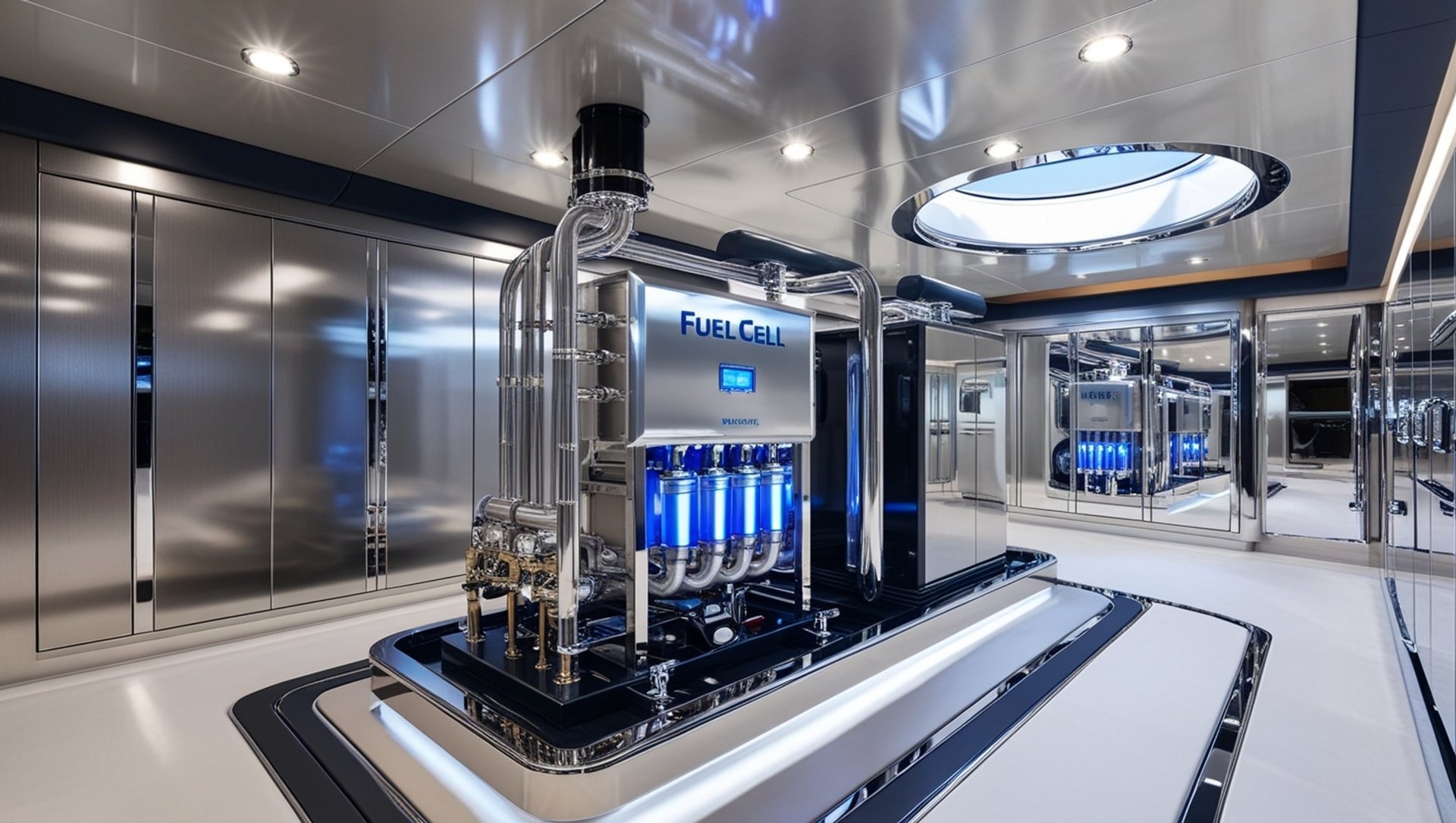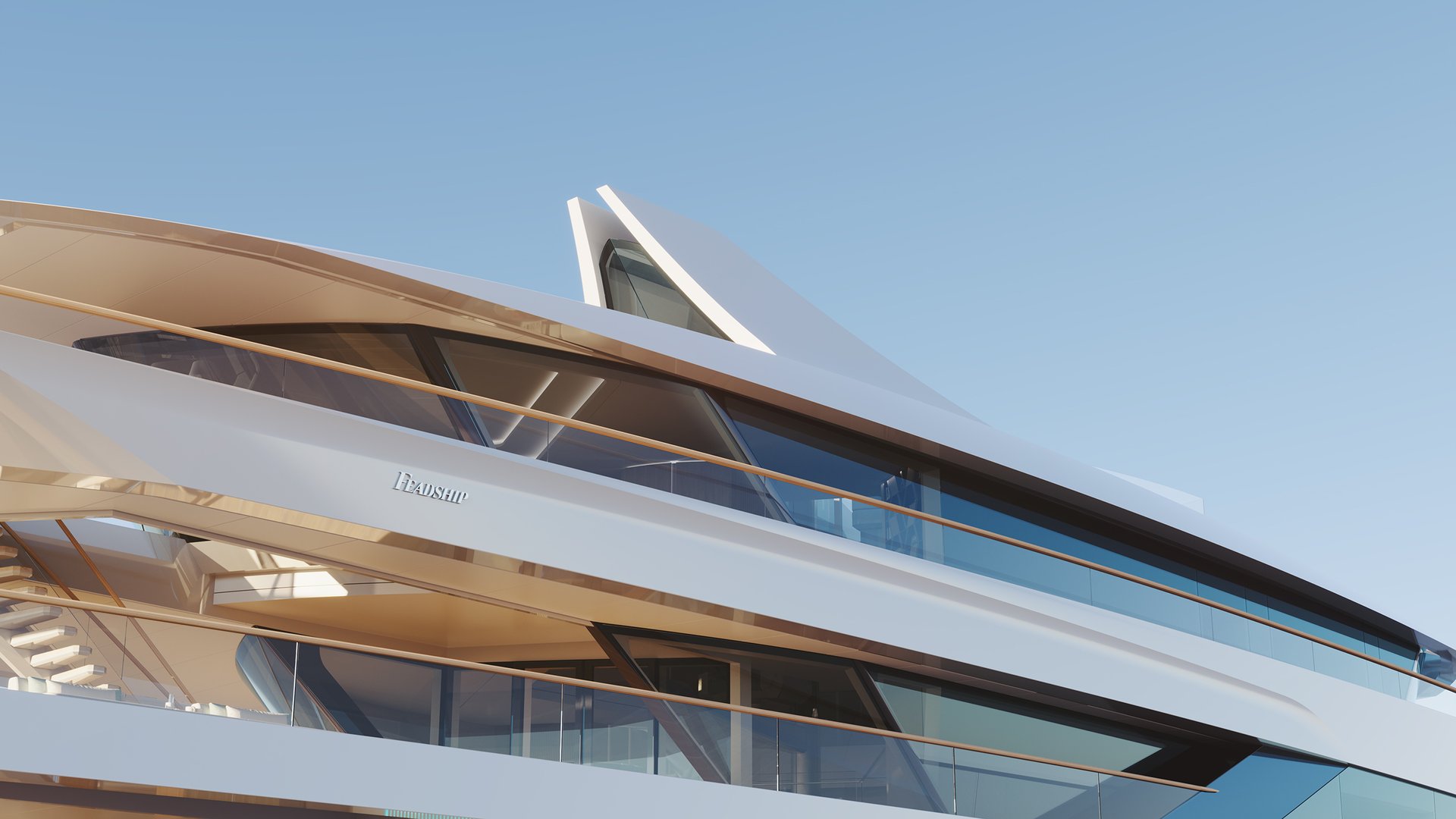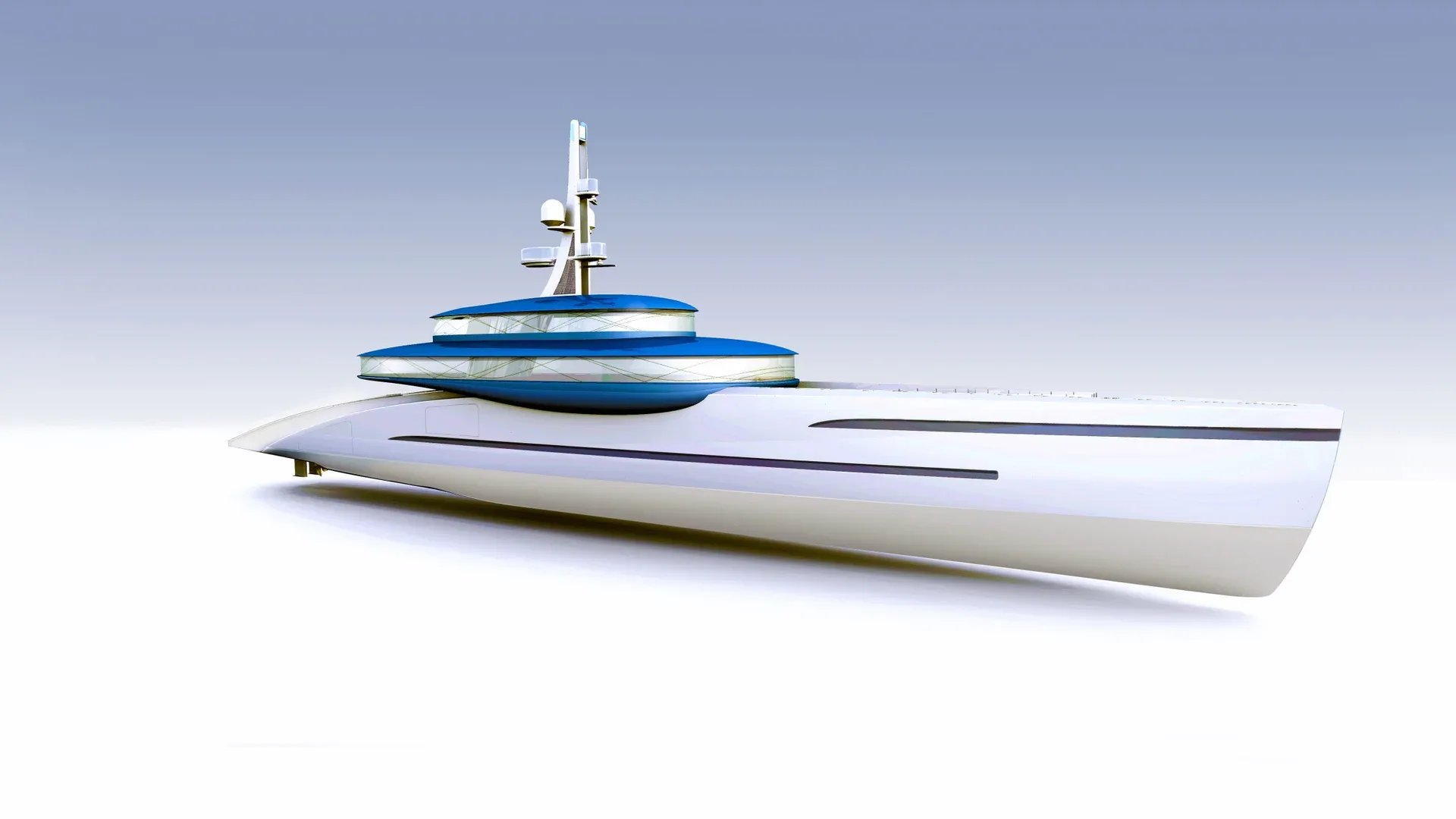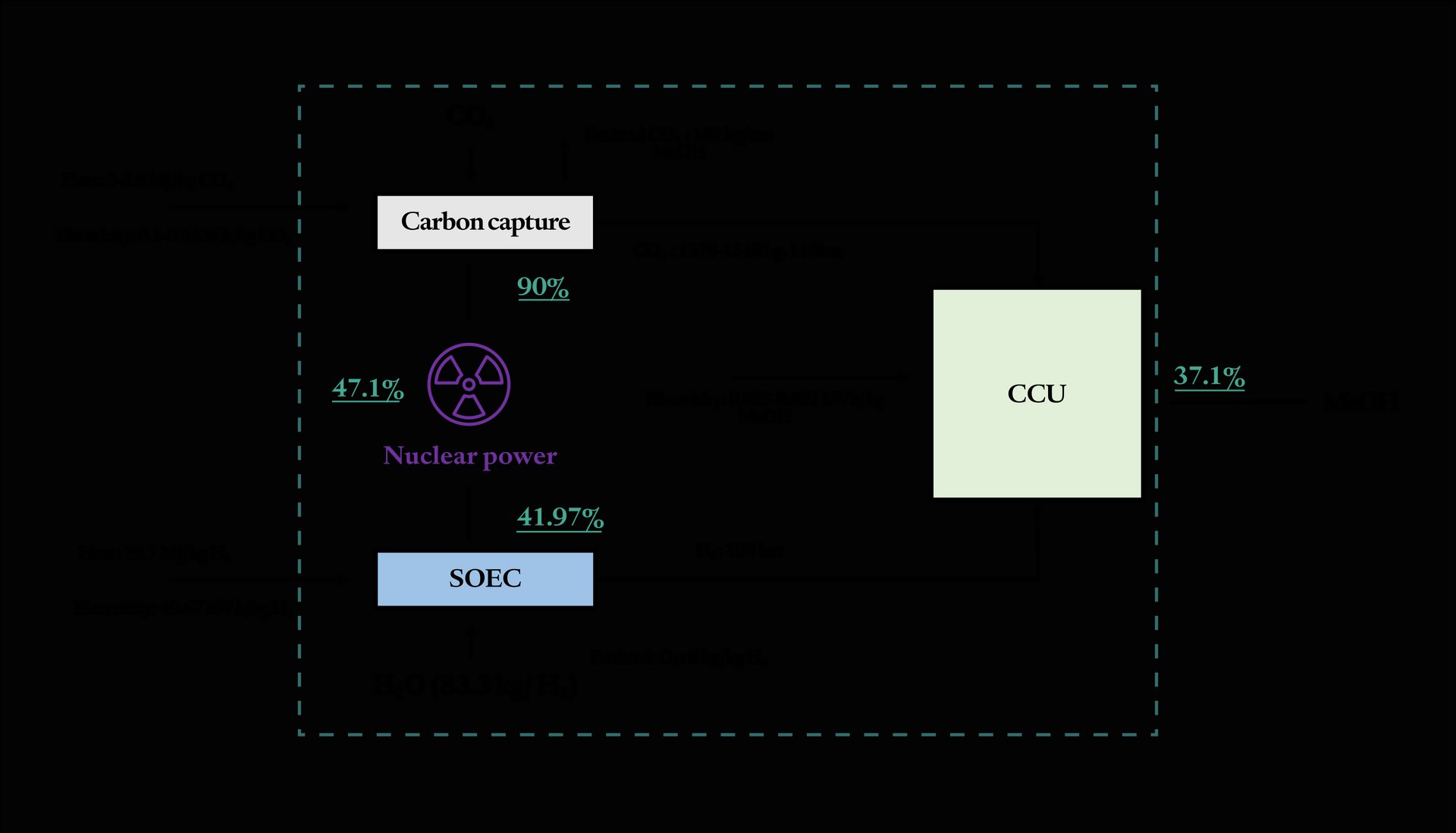The reduction of the of harmful emissions that result from yachting are an increasing concern and priority. It has been widely established that yachts have a significant contribution to the emission of greenhouse gasses and other emissions that are harmful to the environment and the public health. Measures must be taken that drastically reduce the environmental impact of yachts. The use of fuel cells, in combinations with alternative fuels, can provide a solution. The emission of all harmful emissions can be greatly reduced or completely eliminated. One of the major challenges in this transition is the uncertainty in the future supply of alternative fuels. Yachts are built to operate up-to 30 years, this is only possible if it is ensured of fuel supply over this time. Fuel-flexibility can provide a solution. If the operating fuel can be changed according to the availability, the yacht is guaranteed of operation in all future scenarios. This report describes research on how a fuel flexible fuel cell system can be designed that is capable op powering a super yacht.
A selection of alternative fuels was made. These fuels must be suitable for marine application, they must hold environmental benefits over conventional fuels, and together they must ensure operation in all future scenarios. A number of fuels was considered. Their storage, production and feedstocks were compared. A final selection of operative fuels was made: it consists of ammonia, methanol, and bio/synthetic diesel.
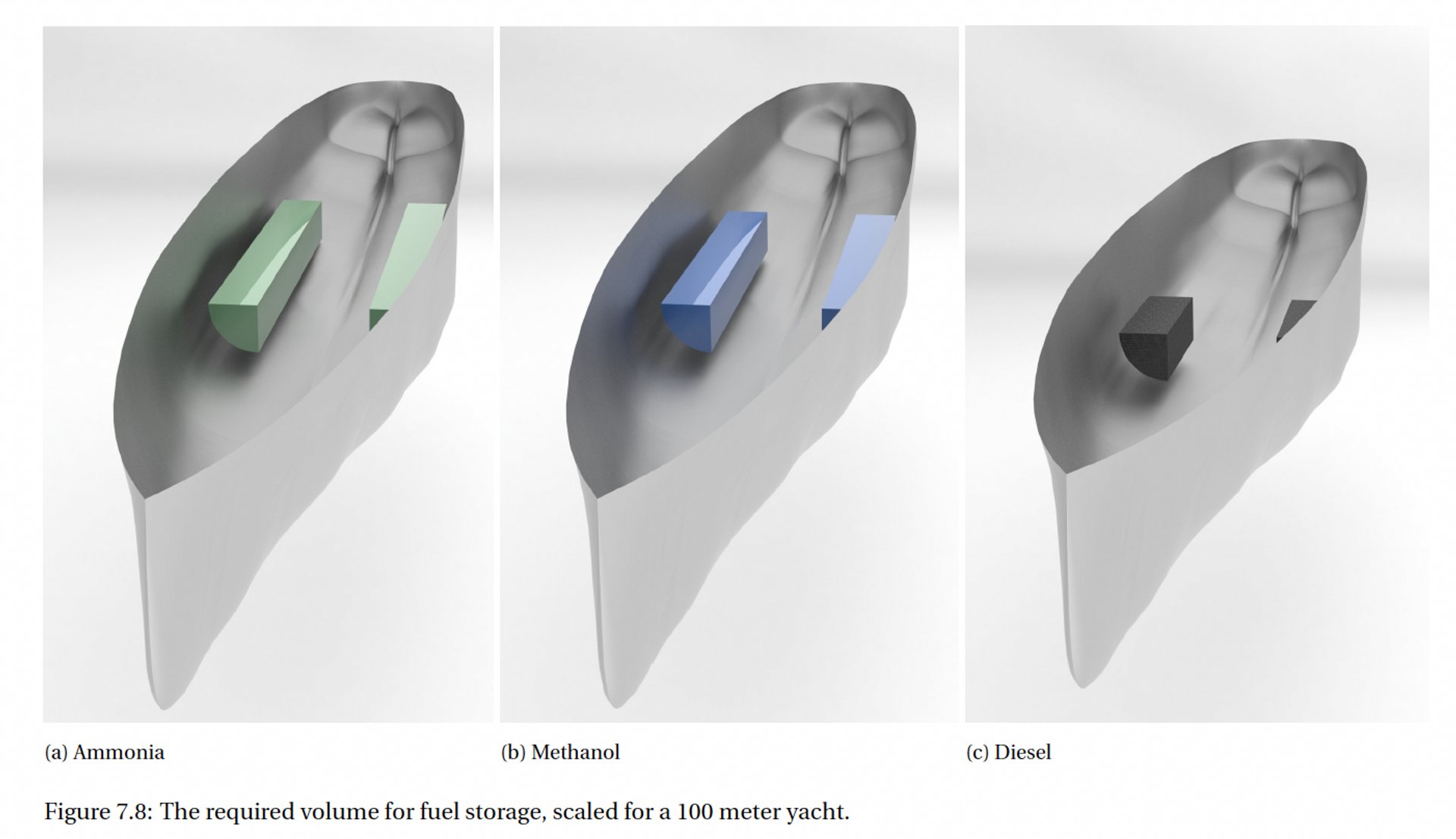

A fuel-flexible fuel cell system was designed based on the power demands of a yacht. The operational demands have been carefully mapped based on a yacht design of De Voogt Naval Architects. The system design is based on an SOFC with an external (pre-)reformer/cracking reactor. This reactor operates adiabatic and the required steam is supplied by water recirculation, both to increase the control over the fuel decomposition process. Waste heat is utilised in the balance of plant of the system, and can be recovered from the system in the form of a hot water flow. This heat can be consumed directly during the operation of the yacht. There are limitations in the fuel-flexibility of the system. Some of the components must be replaced when a switch between alternative fuels is made.
A performance analysis is needed to find whether the fuel-flexible fuel cell system can power a yacht. A model of the system was made in which the performance of the system was simulated under the defined operational requirements. A thermodynamic analysis of the system is conducted to find the efficiencies and fuel consumption, and the heat and mass flows within the system. These parameters were used to calculate the yearly fuel consumption, emission of CO2, and required stored fuel capacity.
The efficiency for the designed fuel-flexible fuel cell system is high for all of the fuels, and throughout the operation of the yacht. There is a large difference in fuel consumption and required fuel storage capacity between the alternative fuels, this is mainly caused by the energy density differences of the fuels. The emission of CO2 is depended on the fuel consumption and the carbon content of the fuels. Compared to conventional power generation and fossil fuels, the emission of CO2 is significantly reduced. There are also differences in the heat and mass flows within the system. Each fuel therefore has a different required capacity for pieces of equipment such as heat exchangers, pumps, and compressors.
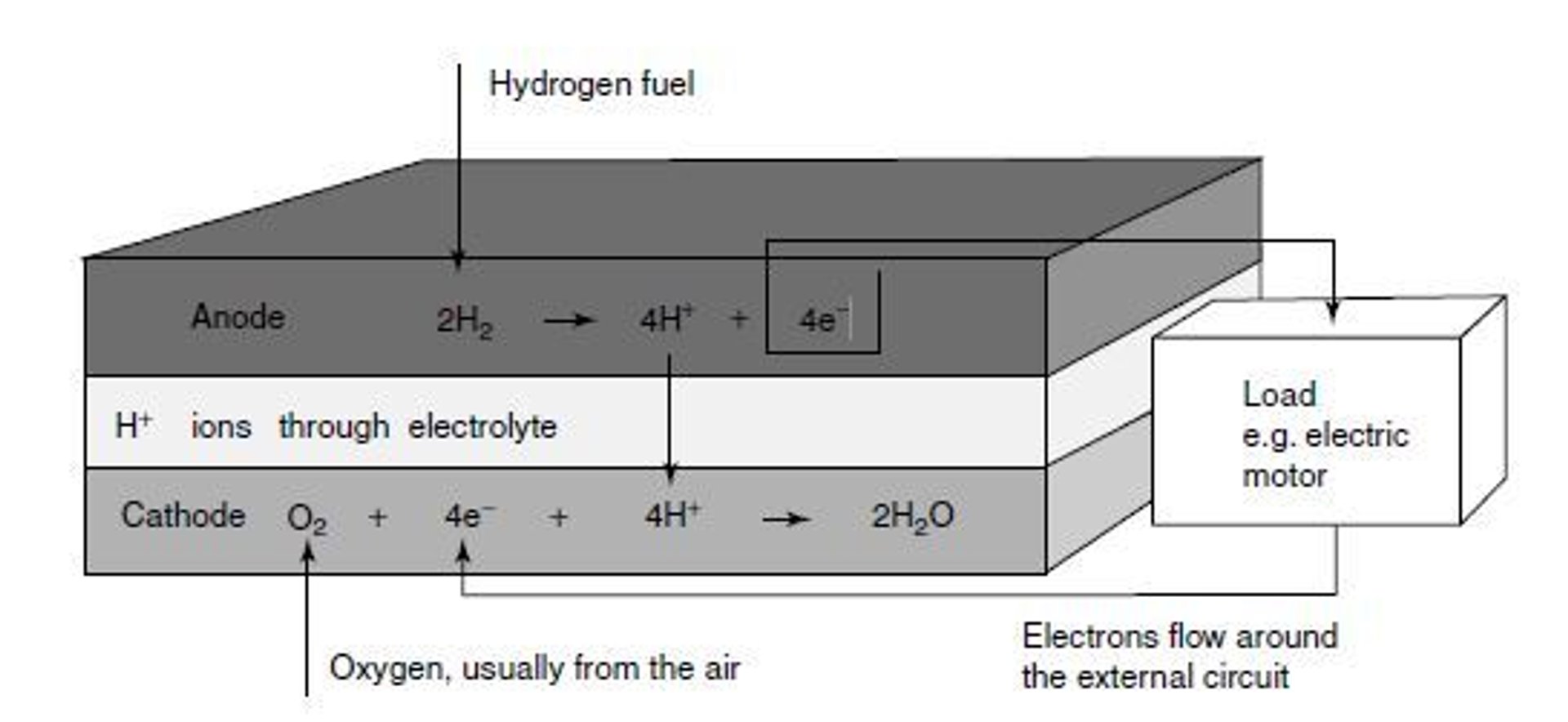

This research has shown how a fuel-flexible fuel cell system can be designed that is capable of powering a yacht. Through a thermodynamic model, it is shown that such a system has a high operational efficiency throughout the performance of the yacht. Harmful emissions are greatly reduced compared to conventional power generation. In a fuel-flexible system, each component must be designed for the most demanding fuel. For each fuel, some system components will therefore be over-dimensioned. A fuel-flexible system will be more complex and voluminous than a single-fuel fuel cell system. In return, the system will be operational in all future scenarios. This research has shed light on the trade-offs that the choice for a fuel-flexible fuel cell system can bring about. It provides an analysis which will only become more valuable as the yachting industry is urged to adapt to an ever-changing environment.
